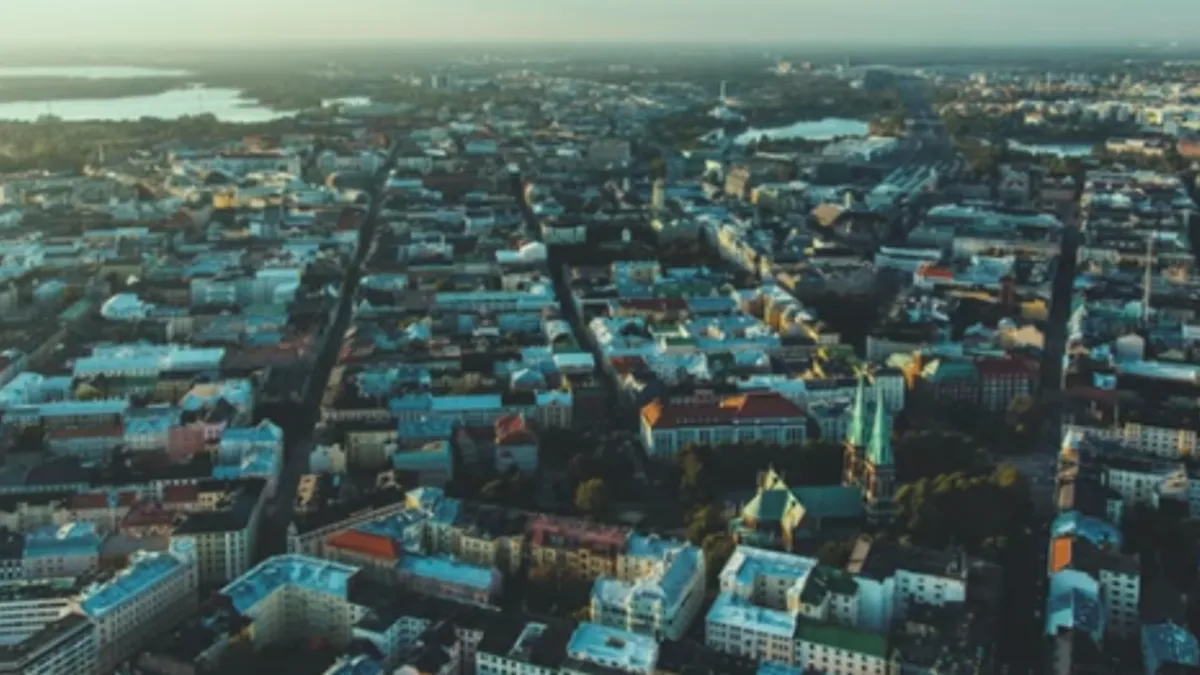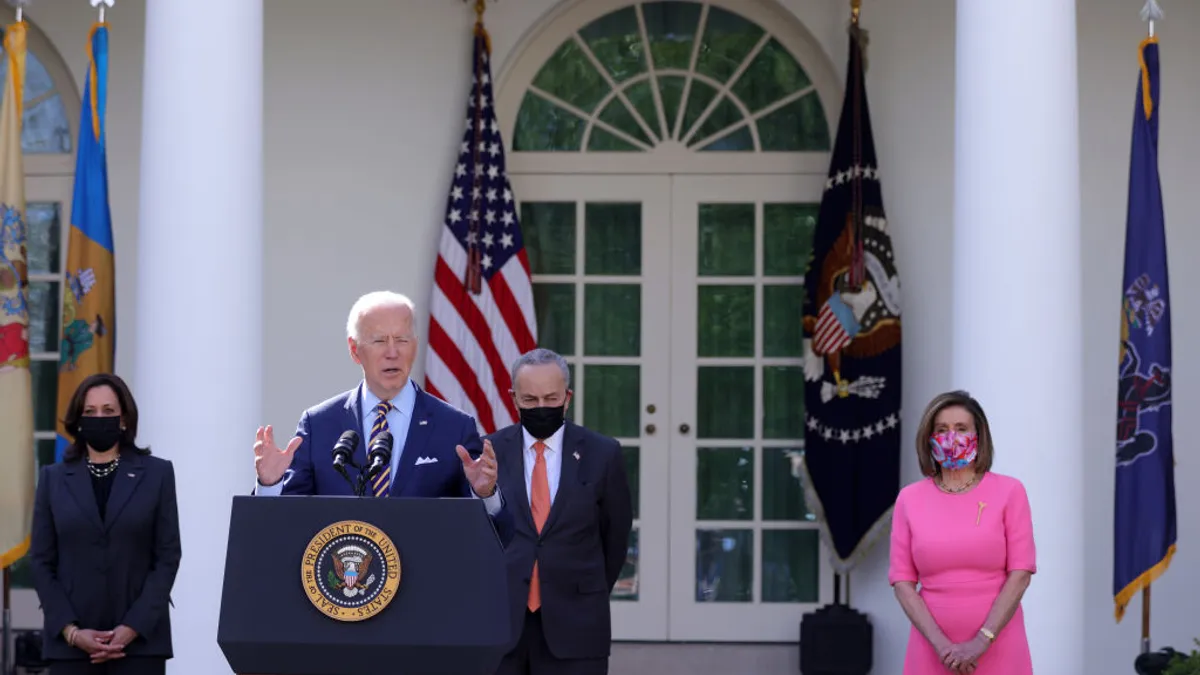Dive Brief:
- The European Union has announced that Helsinki, Finland and Lyon, France are the two winners of the first European Capital of Smart Tourism competition. The judging committee said the two cities stood out among the 38 cities from 19 EU countries entered in the competition in all four categories under examination: accessibility, cultural heritage and creativity, digitalization and sustainability.
- Four other cities will receive awards in individual categories: Málaga, Spain for accessibility; Ljubljana, Slovenia for sustainability; Copenhagen, Denmark for digitalization; and Linz, Austria for cultural heritage and creativity.
- Next year, Helsinki and Lyon will receive expert communication and branding support, including promotional activities, promotional video production and the installation of a purpose-built sculpture.
Dive Insight:
Part of the reason the EU launched this competition is to drive more innovation in tourism, which it says is the union's third largest economic activity; tourism makes up about 10% of the EU's GDP. With tourism constituting such a large proportion of member countries' economic activity, the EU is prioritizing making the field smart and sustainable.
Sustainability and environmental initiatives have long been a stated priority for European countries, and they're sometimes viewed as being ahead of similar efforts in the United States. Recently Germany launched a pilot for free public transportation to meet EU air pollution targets; the mayors of London, Paris and Stockholm are among those who signed a pledge to operate buildings at net-zero carbon by 2030; the UK is requiring electric car chargers to be built into all new homes; Paris offered residents tax incentives to give up their cars or buy bikes; Amsterdam, Oslo and Munich topped the list of the world's healthiest cities, in part because of environmental and sustainability factors; and 13 of the 27 global cities that are no longer increasing greenhouse gas emissions are in Europe.
EU countries are not perfect, however. Two reports indicate that many EU countries are among those whose carbon pricing is too low to meet Paris Agreement targets, and the European Commission released a report indicating that half of EU countries might not meet their 2020 recycling requirements.
These examples show that advancements can be spotty on environmental and sustainability measures. But receiving support to boost smart initiatives and sustainability, as is the case for the tourism competition winners, could help the winners' progress toward their goals.











